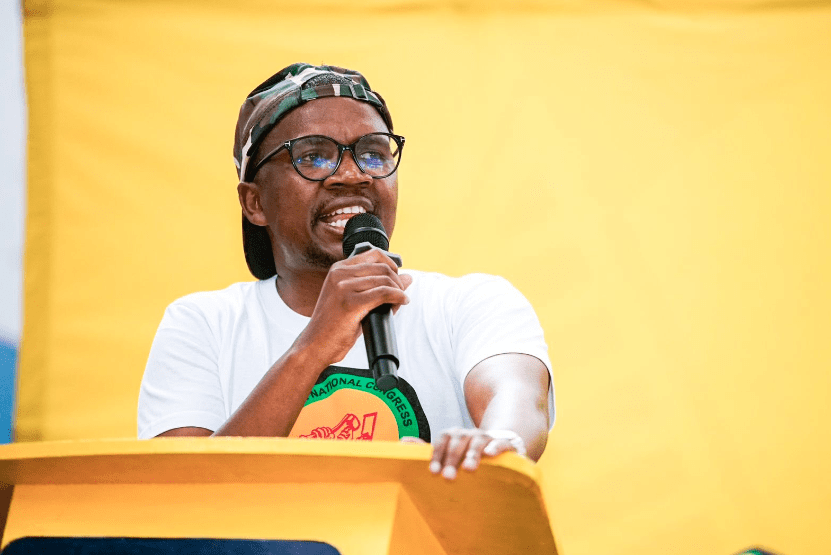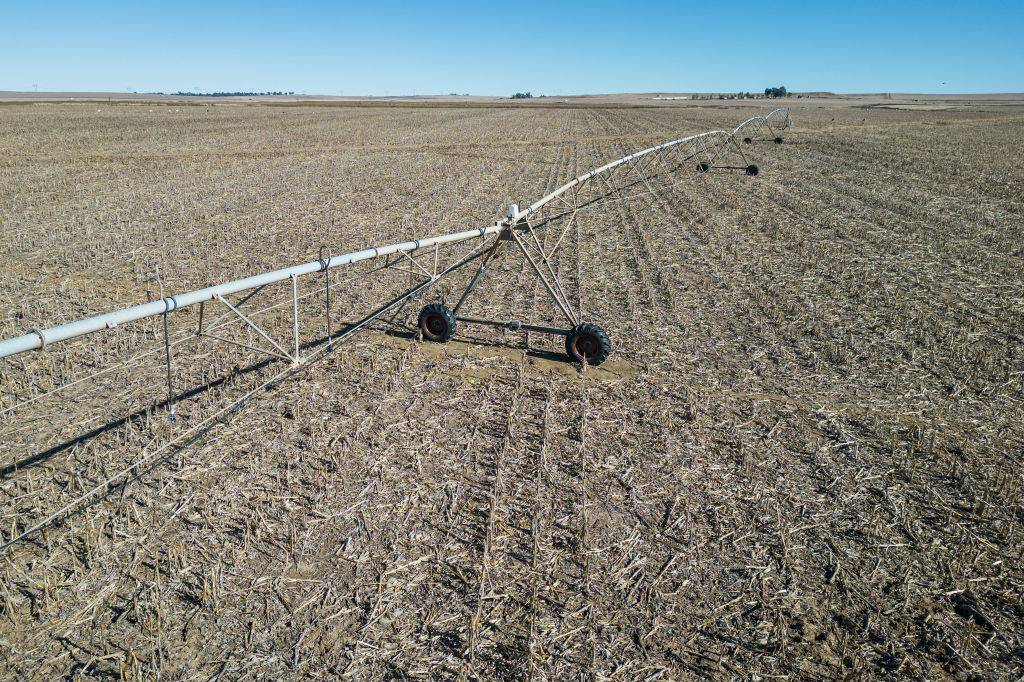According to Statistics SA, young people (aged 18 to 34) constitute 35% or 20.9 million of the population of South Africa. But, based on statistics from the Electoral Commission of South Africa, only 11.7 million voters in this cohort are on the voters’ roll. Photographer: Waldo Swiegers/Bloomberg via Getty Images
As South Africa marks 30 years since democracy, a new report by Flux Trends has found that Gen Z finds it hard to connect with activism and political spaces.
The trend analyst group, in partnership with youth agency Student Village, surveyed 30 young people and asked them 30 questions to mark 30 years of democracy.
The 30/30/30 project report delved into the mindsets driving South Africa’s Gen Zs’ attitude about the future of democracy and their place in it,as citizens, consumers, workers and individuals.
“This report gave us an in-depth view and a nuanced understanding of what young people believe is important to them ahead of the elections,” said researcher Bronwyn Williams.
The report found that the majority of young people either refused to register to vote because they believed it did not make a difference or were contemplating which political party to vote for.
“There is no political party at the moment that is attractive to this demographic and most of the young people have little faith that politics will make any drastic change in their day-to-day actions,” Williams said.
During visits to universities in Johannesburg, most young people told the Mail & Guardian that they felt the majority of the political parties were not prioritising the interests of the youth.
“Most young people follow aesthetics and trends when it comes to making decisions but those that do go and do their research, like me, find that most of these political parties are making it less about us and more about their vengeance or winning streak and that is very problematic,” said Nolwazi Mahlangu, a 23-year-old master’s student at the University of the Witwatersrand.
The Flux Trends survey warns that because young people are undecided about their voting choices, they could fall into the pattern of voting for parties that they associate with generational democracy.
“This generation has a strong activism presence and they can be catalysts for change but now we see them following routine by following the same political parties – this shows our society is broken,” Williams said.
It has been 30 years since South Africa held its first democratic election and while the youth led the movement for a free and equal society, the 30/30/30 report found that Gen Z faces the “happiness vs reality equation”.
“The expectations 30 years ago were higher; they needed to make changes. However, the youth of today seem more cynical and their expectations are lower, which makes it easier to meet, and they seem content with what they receive,” Williams said.
Gen Z activism group So We Vote has attributed the change in the youth perception of the elections to the quality of leadership.
“There was no complexity in that [first democratic] election because the choice was that clear, and also the quality of leadership available then gave people a sense that South Africa’s best days lay ahead. Today, there is no obvious choice that is inherently evil because the situation we live in is so complex that you don’t know who you trust,” said So We Vote director Otsile Nkadimeng.
Williams cautioned that South Africa could face a similar crisis to China, should the youth not become active citizens.
China faced an economic decline after the government introduced the one-child policy – even though it was scrapped in 2016 and replaced with a three-child limit.
Reacting to this, a 19-year-old student from the University of Johannesburg said they don’t believe South Africa will face such an issue because “with us, it is not about numbers but more about voter knowledge”.
According to Statistics SA, young people (aged 18 to 34) constitute 35% or 20.9 million of the population of South Africa. But, based on statistics from the Electoral Commission of South Africa (IEC), only 11.7 million voters in this cohort are on the voters’ roll.
“The introduction of the online self-service voter registration modality has contributed to the increased rate of registration by younger voters in the country, as well as by citizens who are residents outside of the Republic,” the IEC’s chief electoral officer, Sy Mamabolo, said at a media briefing in Pretoria in March.
This comes after the IEC held its second mass voter registration in February and opened 23 296 voting stations nationwide to increase voter turnout. The first voter registration weekend was held in November. The IEC said it recorded 27.79 million voters — the highest 1994.

















%20(2)%20(1).jpg)


Discussion about this post